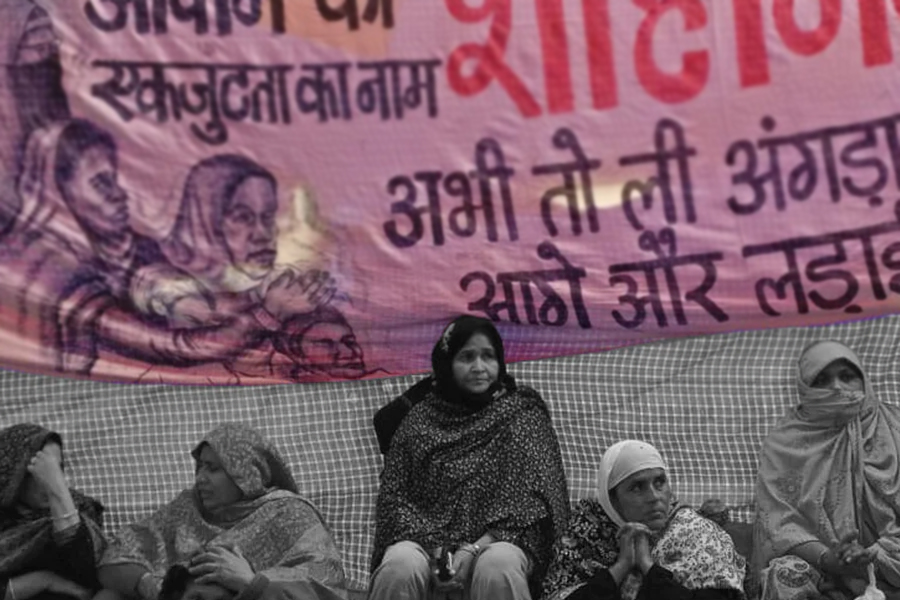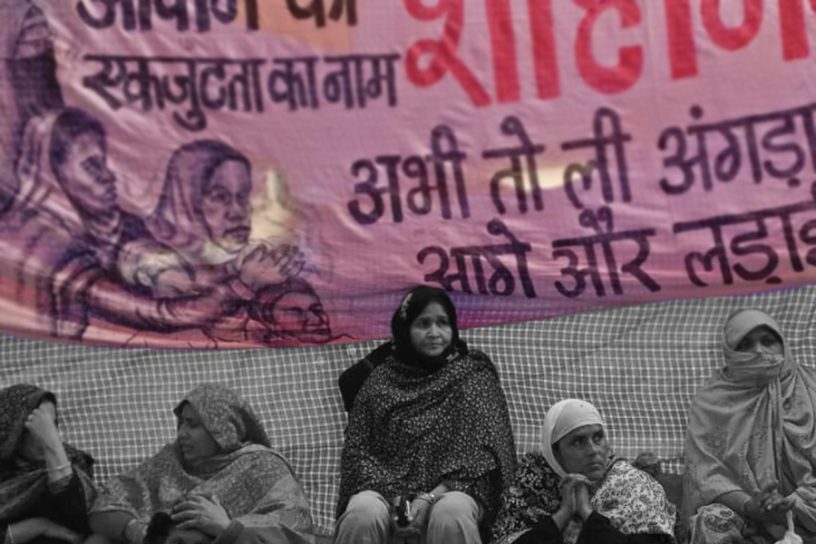
The author reviews the relationship between religious reform and identity politics since colonial times and contrasts it with arguments and practices of the women involved in the protests at Shaheen Bagh in Delhi.
Author
Syed Mohammed Faisal, Assistant Professor, Jindal School of Banking & Finance, O.P. Jindal Global University, Sonipat, Haryana, India.
Summary
This article locates the unique discursive contribution of women’s protests against India’s Citizenship Amendment Act in 2019–2020 in the history of Muslim identity formation in South Asia.
It does this by reviewing the relationship between religious reform and identity politics since colonial times and contrasts it with arguments and practices of the women involved in the protests at Shaheen Bagh in Delhi.
It contextualizes the hermeneutical arguments anchored around the idea of community and nation in colonial and postcolonial governance in South Asia. And it compares them to the women’s methods and experiences of protest that privilege a relation to blood and soil to demonstrate the significance of experience as an alternative basis for the political imagination of Muslim identity in South Asia.
Published in: HAU: Journal of Ethnographic Theory
To read the full article, please click here.


